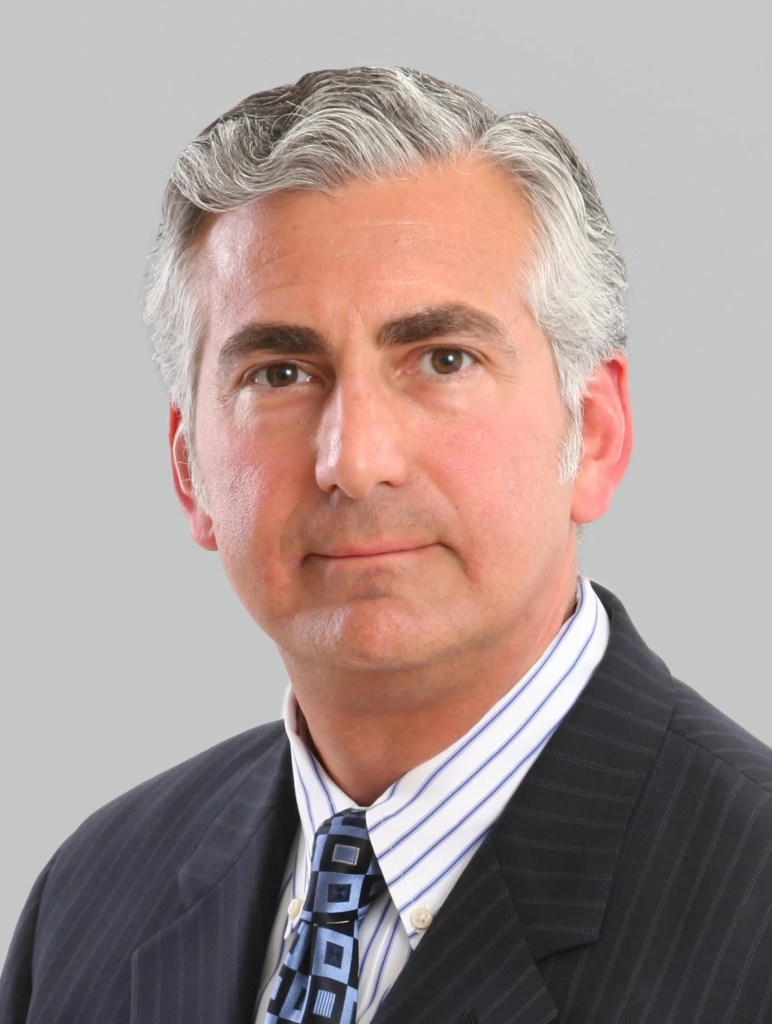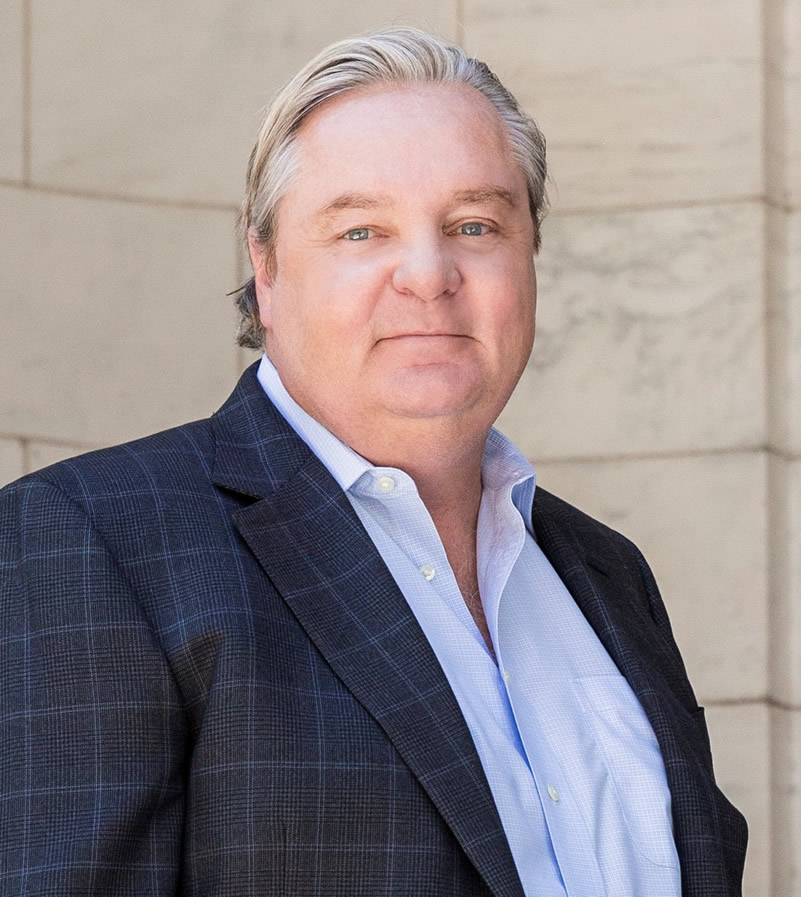Most publicly traded companies operating in the reverse mortgage space were profitable in the second quarter of 2023 despite the tumultuous events of late 2022, including a major industry bankruptcy and merger and acquisition consolidation, according to an analysis conducted by RMD.
The closer look included Q2 earnings results of several publicly traded companies active in reverse mortgages, including Finance of America Companies (FOA), which closed on its acquisition of American Advisors Group (AAG) earlier this year, Ellington Financial, Ocwen Financial and Guild Mortgage. It also highlights who is better positioned for the third quarter.
Leading lenders’ Q2 performance
Starting with FOA, the U.S. top reverse mortgage lender, the company delivered a loss of $221 million in Q2 2023 that its leaders attributed to the negative impact of mortgage rates and spreads. FOA, which still has a lot of work ahead to consolidate AAG into its existing corporate infrastructure, had ongoing costs related to the deal affecting its Q2 2023 earnings.
The immediate impact of the AAG acquisition is that FOA has become the clear industry leader. Before the deal, FOA was the country’s third-largest reverse mortgage lender and AAG was the leader. In fact, AAG has brand recognition owing to its national advertising with spokesman Tom Selleck and a well-regarded call center model, according to industry observers.
Meanwhile, Longbridge Financial’s parent company Ellington Financial posted a profit in Q2, though it was far lower than the recorded figure in Q1. The second quarter’s net income attributable to common stockholders came in at $2.9 million, compared with $38.9 million in Q1.
Company leaders, however, continued to praise the performance of Longbridge specifically.
“Longbridge contributed a positive four cents per share, even as wider HECM yield spreads, compressed gain-on-sale margins weighed on results,” Laurence Penn, Ellington CEO, said in the company’s Q2 earnings call. “The lower margins at Longbridge were also the primary driver of the sequential decline in EFC’s overall adjusted distributable earnings.”
At Ocwen, the parent company of PHH Mortgage Corporation and Liberty Reverse Mortgage, the story is somewhat different. The company posted a profit in Q2, recovering from a Q1 loss. A big driver of that improvement was its reverse mortgage servicing business, which was expanded after acquiring Reverse Mortgage Solutions (RMS) in 2021.
Ocwen’s reverse originations were generally strong in Q2 but less profitable than in Q1, impacted by industry-wide challenges, according to Ocwen CEO Glen Messina.
“In the reverse space, it’s no surprise: the reverse originations market opportunity has declined substantially, probably more than 50%, with the rise in interest rates,” Messina said in the company’s Q2 earnings call.

Messina added: “HECM mortgages are variable rate and the short end of the curve is very high. So even though there’s been home price appreciation because interest rates have gone up quite a bit, the amount of equity that people could tap in their house with a reverse mortgage is limited by the level of interest rates. So we have seen the origination volume come down.”
Guild Mortgage posted gains in Q2, but the full impact of its expanded activities in the reverse space will likely not be felt until Q3 at the earliest. Guild closed on its acquisition of Cherry Creek Mortgage in March, likely too recent to make much of a difference in its Q2 performance. However, the company did say that its new reverse mortgage apparatus resulting from the acquisition is “fully operational” and sounded bullish about its prospects.
“Our reverse mortgage business, which we meaningfully expanded through our recent acquisition of Cherry Creek Mortgage, is now fully operational,” David Neylan, Guild’s president and COO, said on the company’s Q2 earnings call. “It is now being rolled out across the entire Guild platform and enables our retail team the opportunity to have a more comprehensive offering for their customers.”
Market share
Taking the temperature of reverse mortgage market share after Q2, the biggest winner is undoubtedly FOA, which had a strong presence in the market through Finance of America Reverse (FAR) before acquiring the dominant leader AAG. FOA is poised to control the largest market share when both entities are completely combined in the months ahead.
According to industry performance data compiled by Reverse Market Insight (RMI), as of July 31, AAG maintained an 18.6% market share to FAR’s 12.1% share for a combined total of 30.7%. Still, the market share of Mutual of Omaha Mortgage currently stands at 19.5%, an increase over its 8.5% total market share figure in calendar 2022, according to the data.
Longbridge has also gained total market share compared to 2022, standing at 10% as of July 31, from 7.9% in calendar 2022. Meanwhile, Liberty has lost ground compared to last year, with a 5.3% market share as of July 31, compared to 6.7% in 2022.
Cherry Creek has seen a notable increase in its total reverse mortgage market share, which sat at 4.1% as of July 31, compared to 1.6% in 2022. In 2021, the company hired new leaders and expanded its reverse mortgage capabilities. It currently sits at number eight on the list of the top 10 industry lenders in the country. Guild itself stood at 0.1% market share as of July 31, poised to adopt Cherry Creek’s totals in the future and break into a position of industry leadership.
Looking ahead
For all the public companies active in the reverse mortgage business, many of the priorities for improving their fortunes through the remainder of 2023 and into 2024 remain similar. For FOA/AAG, the company plans on leveraging the marketing apparatus they just acquired, which company president Kristen Sieffert previously told RMD was a “critical piece” of the acquisition.

“Our acquisition of the AAG platform and the sophisticated marketing engine has the ability to further raise product awareness and increase the addressable market,” Fleming said. “Despite a difficult economic environment and amid a complex integration [process], we are starting to see positive traction in our pipeline and operational processes.”
For Longbridge, one opportunity Ellington is keeping an eye out for is distressed reverse mortgage assets they can pick up at a discount, Penn said.
“[D]istressed opportunities in the reverse mortgage space that Longbridge has been able to take advantage of, starting at the end of last year [have been a benefit],” Penn said. “[At the] beginning of this year, it acquired some of those [reverse mortgage] buyout loans [which] look like they’re going to be very profitable.”
For Ocwen, the company is counting on the market to stabilize and for Liberty/PHH to benefit from that.
“As market conditions continue to normalize, we would expect to see those spreads stabilized and approach to longer-term averages,” Messina said. “And, I would say right now, HECM spreads are probably good 20-30 basis points, at a minimum, above the long-term average, maybe even more.”





